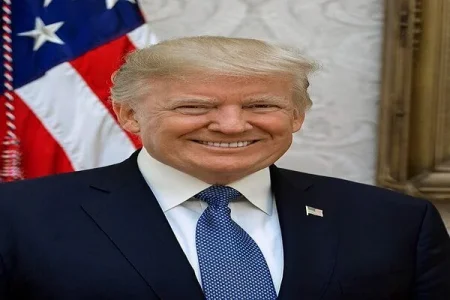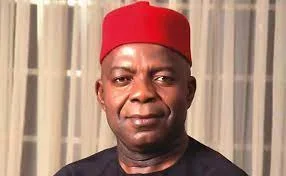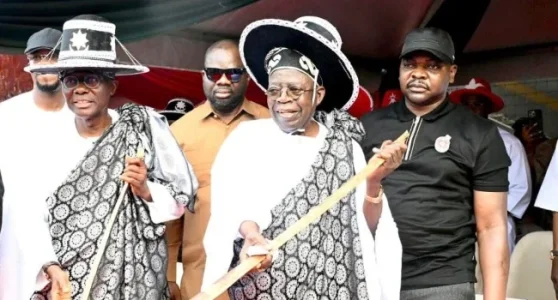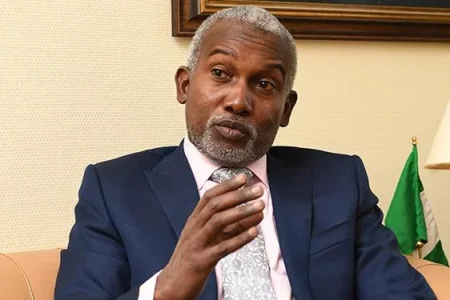
Donald Trump was inaugurated as the 47th US president, marking the start of his second term. In his address, he vowed to prioritize immigration reform, economic revival, and national security. Protests and rallies highlighted divisive responses, while critics flagged concerns over his rhetoric and sweeping policy promises.
Donald Trump officially began his second term as the 47th President of the United States during a ceremony at the Capitol Rotunda in Washington, D.C., on January 20, 2025. Trump used his inaugural address to criticize political opponents, vowing to "liberate" the country from a "radical and corrupt establishment" and promising an "America First" agenda.
Key policies outlined include declaring a national emergency at the US-Mexico border, reinstating the "Remain in Mexico" policy, cracking down on illegal immigration, and addressing inflation through executive orders. He also pledged to retake control of the Panama Canal, a controversial move, and emphasized his role as a "peacemaker," referencing a ceasefire deal in Gaza.
The inauguration drew sharp criticism, with Reverend Al Sharpton contrasting the event with Martin Luther King Jr.'s legacy during a separate rally. Sharpton condemned Trump’s choice of Andrew Jackson as his Oval Office inspiration, citing historical injustices tied to the former president.
Protesters gathered near the White House, waving banners opposing Trump’s policies, while supporters rallied at Capital One Arena. Analysts highlighted the authoritarian tone of Trump’s speech, warning of unrealistic expectations. Jennifer Victor, a political scientist, expressed concerns about the speech’s implications, citing its focus on loyalty and power.
In his final act, outgoing President Joe Biden issued pardons to family members, citing fears of political persecution, marking a dramatic end to his administration.
Trump’s promises have sparked nationwide debates, setting a divisive tone for the next four years.




